Artificial intelligence could help almost halve the workload of radiologists when it comes to searching routine scans for signs of breast cancer, a large Swedish study suggests.
The interim results of the trial were hailed as promising, but the authors cautioned that more research was needed before AI can be used to screen for breast cancer on a wider scale.
While increasingly convincing chatbots such as ChatGPT have driven speculation about the future potential applications of AI, one area in which the technology has already shown proficiency is in reading medical scans.
With many countries suffering from a shortage of radiologists, there are hopes that AI could make the time-consuming job of analyzing routine scans quicker and more accurate.
This could have a particularly large impact for breast cancer. More than 2.3 million women were diagnosed with the cancer in 2020 alone, according to the World Health Organization, and it caused 685,000 deaths.
Regular screening is vital to identifying early signs of cancer. In Europe, women aged 50 to 69 are advised to get a mammogram every two years, with the resulting scan analyzed by two radiologists.
The study in Sweden involved the scans of 80,000 women who had mammograms at four sites in southwest Sweden between April 2021 and July last year.
Their scans were randomly divided for analysis to either an AI-supported system or two human radiologists, who served as the control group.
The AI algorithm read the scans and predicted the risk of cancer out of 10. Its predictions were then checked by a radiologist.
The AI-supported system spotted 20 percent more cancers, the study said, which worked out to be an additional case for every thousand women screened.
When it came to false positives -- when a mammogram is first thought to look suspicious but is later cleared -- both the AI-supported system and the two humans spotted the same rate: 1.5 percent.
And the workload for radiologists was reduced by 44 percent for the AI group, because only one person was required to read the scans rather than the normal two.
"The greatest potential of AI right now is that it could allow radiologists to be less burdened by the excessive amount of reading," said Kristina Lang, a radiologist at Sweden's Lund University and lead author of the study.
But Lang said the "promising interim safety results" were "not enough on their own to confirm that AI is ready to be implemented in mammography screening," she said in a statement.
It will take two more years before the trial can say whether using AI leads to a reduction in what are called interval cancers, which are detected between routine screenings, the researchers cautioned.
Stephen Duffy, a professor of cancer screening at Queen Mary University of London who was not involved in the study, pointed out that the AI algorithm may have over-diagnosed certain forms of early breast cancer called ductal carcinoma in situ.
Nonetheless, he praised the "high-quality study", saying that reducing the burden on radiologists' time was "an issue of considerable importance in many breast screening programs."
© 2023 AFP
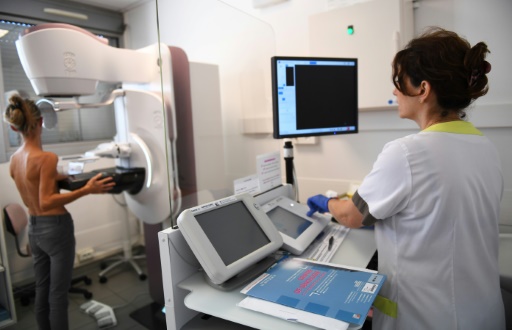
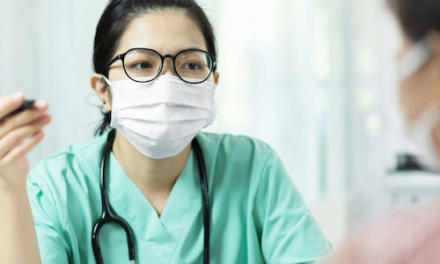

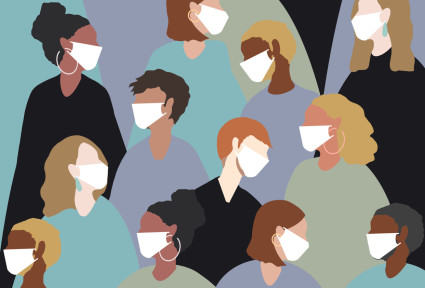
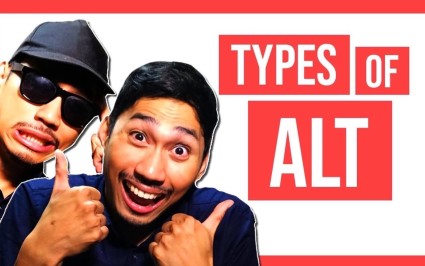
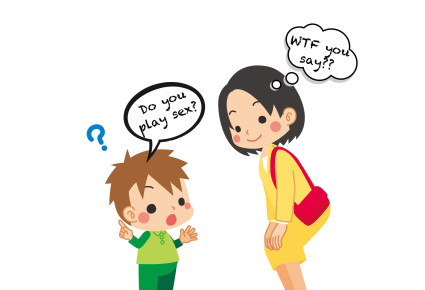
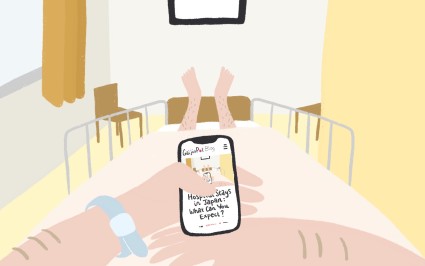
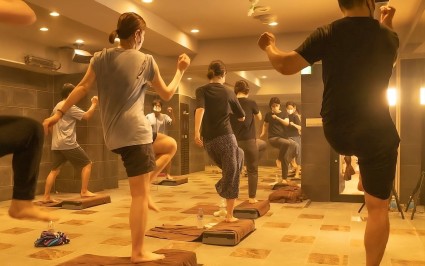
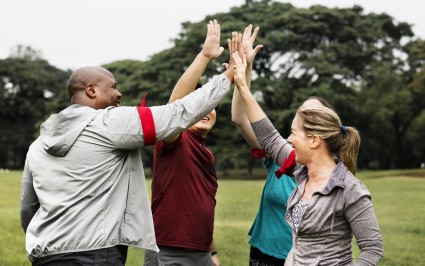
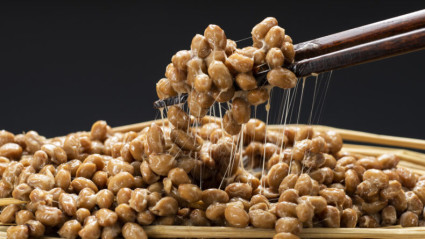
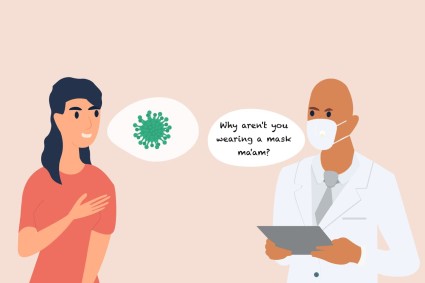




8 Comments
Login to comment
virusrex
This could be a nice application of the technology, making the job of a medical professional easier and improving their ability to give better diagnosis.
This is unfortunately something that can completely escape the understanding of some, that will for some reason think AI would be able to conduct the examination itself (how?) so they will claim the professionals are being replaced. This makes no sense.
There is a huge difference between something reducing the burden on the professionals, and that something replacing the professionals.
gcFd1
AI is replacing many health specialists jobs.
virusrex
Not this one, unless you can finally explain how AI is going to conduct the examinations by itself, else the specialist is still completely necessary.
falseflagsteve
I don’t trust AI, can use possibly to assist the professionals but wouldn’t be happy about it doing it, you see.
virusrex
If scientific data proves the accuracy is on par (or even better) than a human made one there would be no real problem in using it. After all this is not like the whole process is done by AI, professionals still are there to conduct the tests and to validate the results as well as to decide treatments etc. based on what the AI reports.
As long as this kind of vigilance is still there the risk of misdiagnosis can be reduced very importantly, not to mention it would let the radiologist invest more time on the tests and make their job easier, which also helps reducing human error.
cuddly
AI already replacing more jobs in the health field.
Artificial intelligence could help almost halve the workload of radiologists when it comes to searching routine scans for signs of breast cancer, a large Swedish study suggests.
virusrex
The text you quote do not talk about any replacing, just making the job easier. It is like saying calculators replaced engineers because they can cut their worlkload.
virusrex
Again, you have not been able to explain how the AI is going to conduct the examinations for the example given in this article, this means that in this specific example there is no replacement being done.
From your own reference
It does not say medical professionals have been replaced, just that there is a chance for this happening in the future? why misrepresent what the reference says so openly?